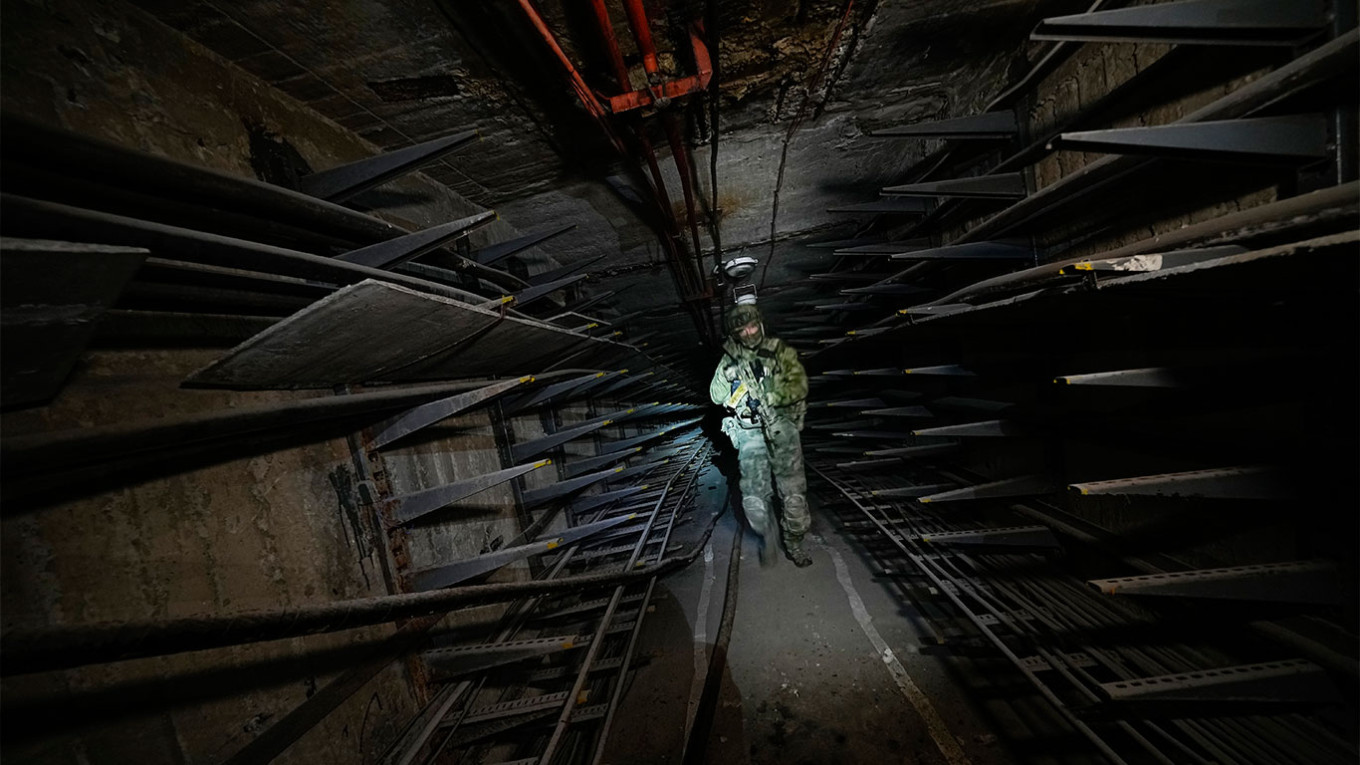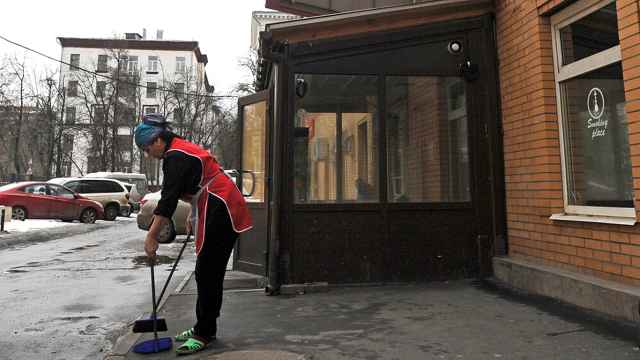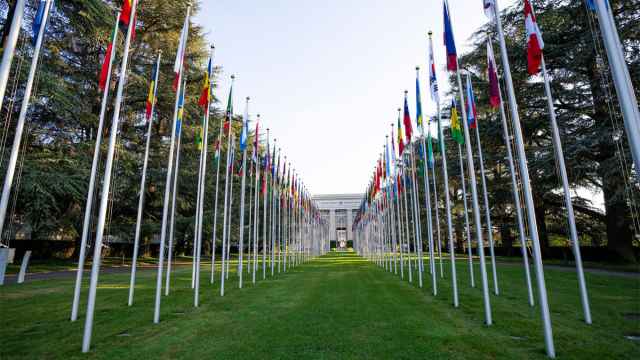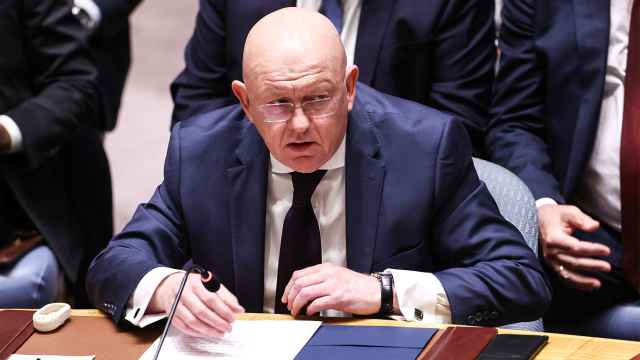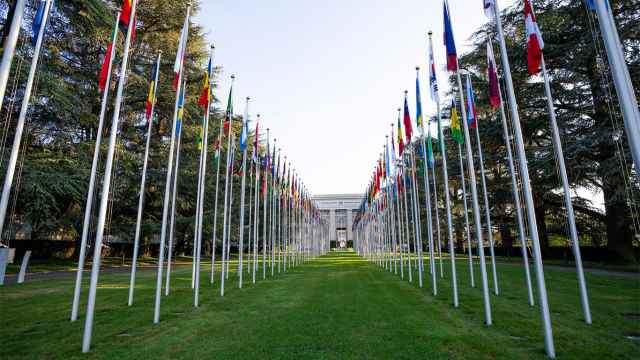UN investigators probing violations in Ukraine since Moscow's invasion warned on Monday that rhetoric broadcasted by Russian state media could amount to incitement to genocide.
Speaking before the UN Human Rights Council, the head of the investigation team, Erik Mose, voiced concern "about allegations of genocide in Ukraine."
"Some of the rhetoric transmitted in Russian state and other media may constitute incitement to genocide," he said, adding that the team was "continuing its investigations on such issues."
The Norwegian judge heads a three-person Commission of Inquiry, which was created by the Human Rights Council to investigate violations committed since Russia's full-scale invasion of Ukraine in February 2022.
In its first full report published in March, the team determined that Russian authorities had committed "a wide range of war crimes."
Mose said at the time that the commission was aware of accusations of genocide, including the forced transfer of Ukrainian children to areas under Russian control, and vowed to investigate.
In his update to the council Monday, Mose lamented a "lack of clarity and transparency on the full extent, circumstances, and categories of children transferred," and said the team was continuing to investigate.
"Whether that will also raise issues of genocide will then be clarified in the course of our investigations," he told reporters.
Brutal Torture
The March report had also determined that Moscow was behind a vast array of other war crimes, including widespread attacks on civilians and infrastructure, killings, torture and rape and other sexual violence.
Mose said on Monday that the commission, which had traveled more than 10 times to Ukraine, was now "undertaking a more in-depth investigation" that "may also clarify whether torture and attacks on energy infrastructure amount to crimes against humanity."
Among other things, he said the team was investigating the cause of the disastrous destruction of the Nova Kakhovka dam in Russian-occupied Ukraine on June 6.
The team had also collected more evidence indicating the "widespread and systematic" use of torture by Russia's armed forces, commission member Pablo de Greiff told reporters.
Torture was said to be taking place mainly in detention centers controlled by Russian authorities, and was in some cases so brutal the victims died, he said.
"Not having access to places of detention under the control of the Russian Federation, it is impossible to quantify exactly the number of people that may have died as a result of this practice," he said, adding that it appeared to be "a fairly large number."
List of Perpetrators
Rape and other sexual violence was also widespread.
In the Kherson region, the commission found that "Russian soldiers raped and committed sexual violence against women of ages ranging from 19 to 83 years," Mose said.
Pointing to "the scale and gravity of violations and corresponding crimes that have been committed in Ukraine by Russian armed forces," he emphasized "the need for accountability".
The investigators are in the process of drawing up a list of suspected perpetrators, which "will be in due course submitted to the High Commissioner for Human Rights," he said.
The team, Mose said, has also urged Ukrainian authorities to "expeditiously and thoroughly investigate the few cases of violations by its own forces."
The cases of abuse found on the Ukrainian side largely involved the use of explosive weapons that affected civilian populations and the mistreatment of detained Russian soldiers, the investigators said.
But Mose stressed that there was no comparison to the variety and vast numbers of violations committed on the Russian side.
A Message from The Moscow Times:
Dear readers,
We are facing unprecedented challenges. Russia's Prosecutor General's Office has designated The Moscow Times as an "undesirable" organization, criminalizing our work and putting our staff at risk of prosecution. This follows our earlier unjust labeling as a "foreign agent."
These actions are direct attempts to silence independent journalism in Russia. The authorities claim our work "discredits the decisions of the Russian leadership." We see things differently: we strive to provide accurate, unbiased reporting on Russia.
We, the journalists of The Moscow Times, refuse to be silenced. But to continue our work, we need your help.
Your support, no matter how small, makes a world of difference. If you can, please support us monthly starting from just $2. It's quick to set up, and every contribution makes a significant impact.
By supporting The Moscow Times, you're defending open, independent journalism in the face of repression. Thank you for standing with us.
Remind me later.


